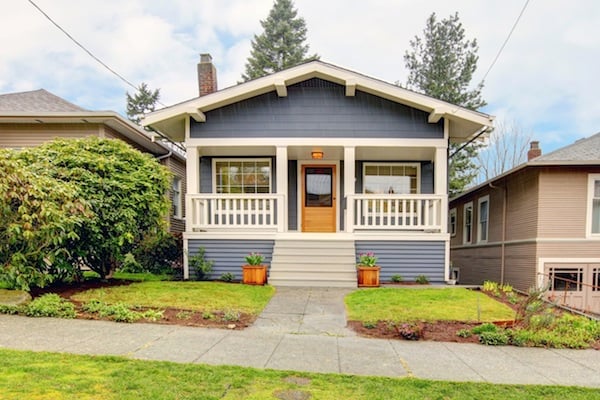Most people do not think that it is necessary to buy moving insurance because they are under the impression that moving companies automatically provide coverage for properties that are damaged or destroyed while they are being moved and when they are in transit. But the fact of the matter is that moving companies do not provide moving insurance; they only provide “valuation,” which is not the same as moving insurance.
Valuation is the predetermined limit of liability in case of damage or destruction of goods. It comes automatically with the moving contract at no extra cost, and usually, has no relationship with the actual value of your goods. Go through your contract or take a good look at your bill of lading and you will find it included in either one or both of them.
The three types of valuations that moving companies provide include (1) complete value protection, (2) assessed value protection and (3) declared value protection based on weight. Here is a brief description of each type:
1. Complete Value Protection
In theory, this type of valuation covers all the damages, destruction, and losses, and pays for repairs/replacement of damaged or lost property. In practice, it is usually not as good as it sounds. They are usually subject to minimum coverage amounts and deductibles, which mean you will actually get much less than the actual value of your goods.
2. Assessed Value Protection
This type of valuation is desirable for goods that do not weight much but have a high value since it is based on the value of the goods rather than their weight. In most cases, it allows you to purchase coverage for a specific amount per $1,000 of value. But it must be stated in the bill of lading for the mover to honor it.
3. Declared Value Protection Based on Weight
This valuation is calculated by multiplying the total weight of your goods by a specific amount per pound. For example, if your goods weigh 2,000 lbs and the specific amount is $0.60 per pound, then the mover will have a maximum liability of $1,200 regardless of the actual value of your goods. So if that expensive 55’ flat screen TV you love breaks while you move, you’ll probably only get $15 for it!
As you may have noticed, valuation is not the same as insurance and does not guarantee the full value of your goods in case they are damaged, destroyed or lost while being moved. But what about homeowners and renters insurance? Many homeowners and renters insurance policies do provide some coverage for damages to properties while they are in transit. However, the coverage typically amounts to only 10% of the total value of the property.
This is why you should consider purchasing moving insurance – especially if you are moving valuable goods. Check out this article for more information on why it is necessary to buy moving insurance.








